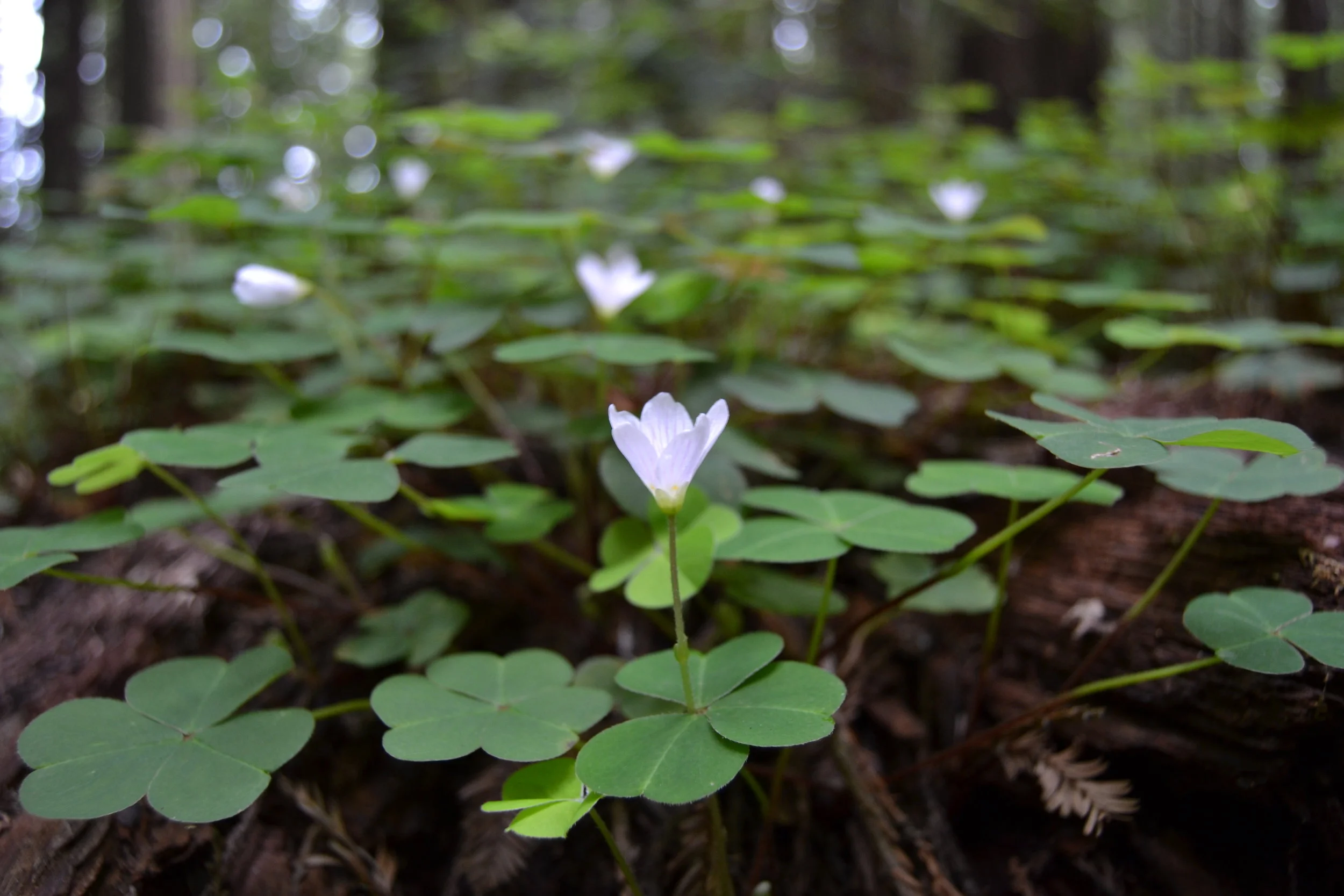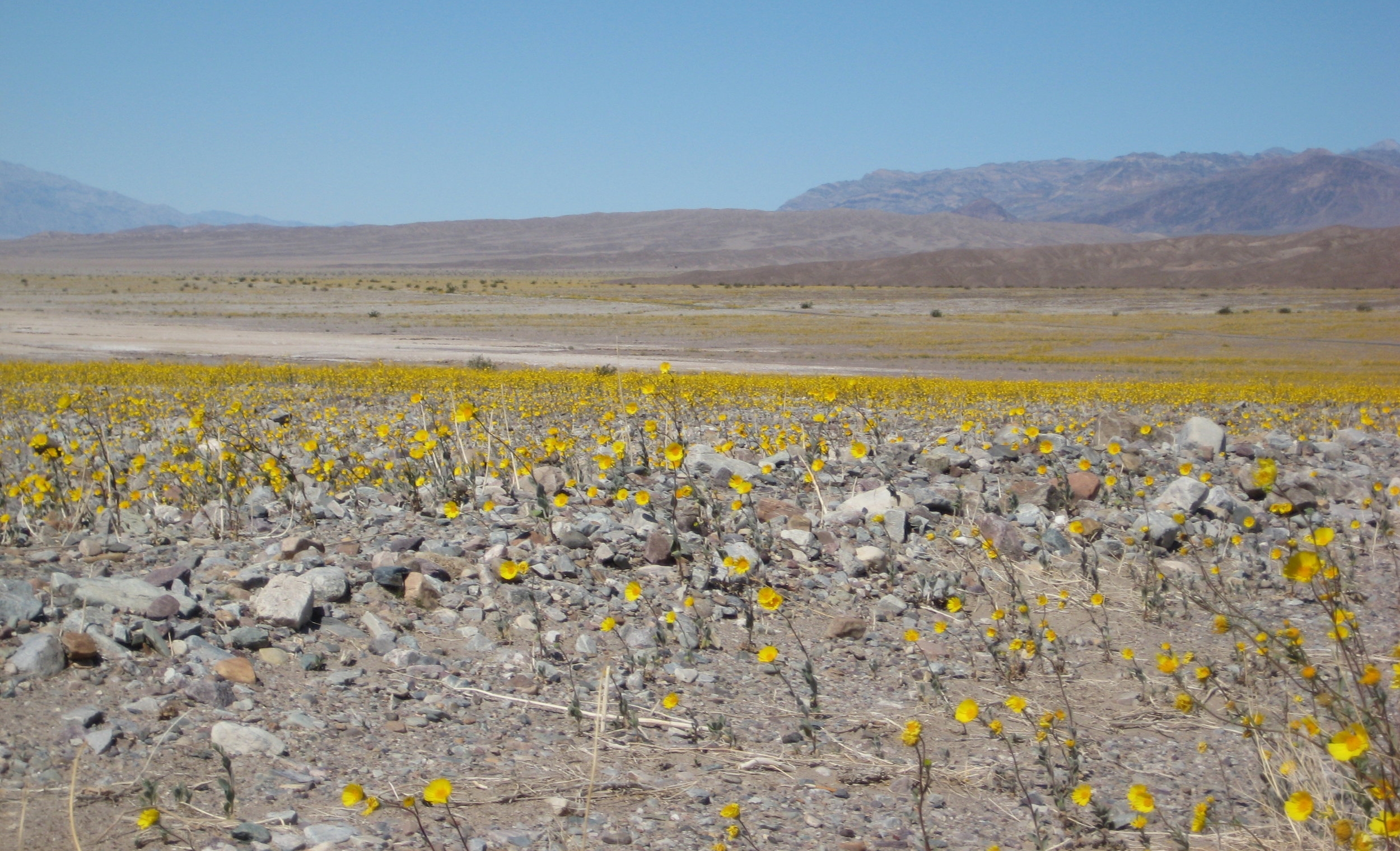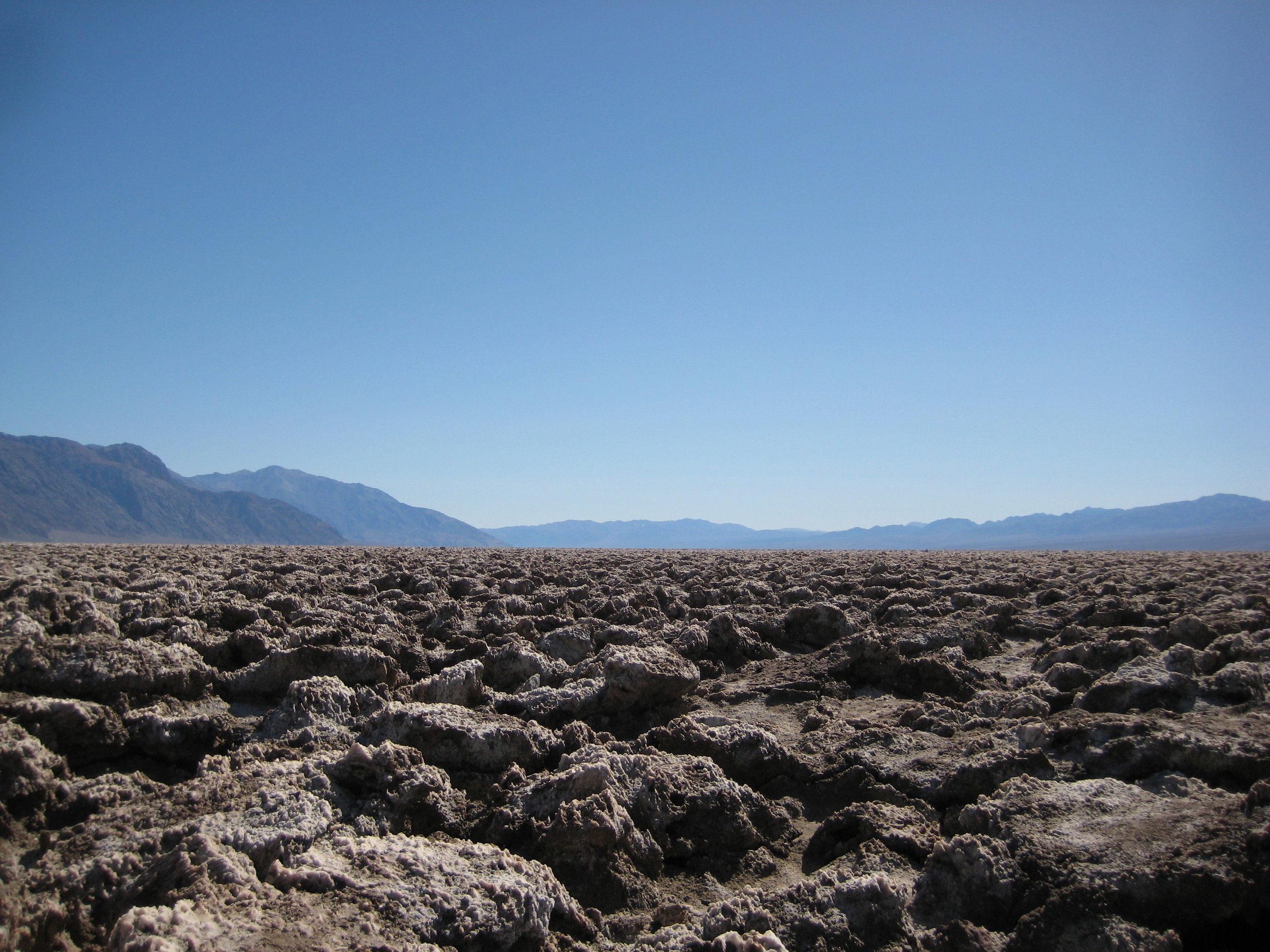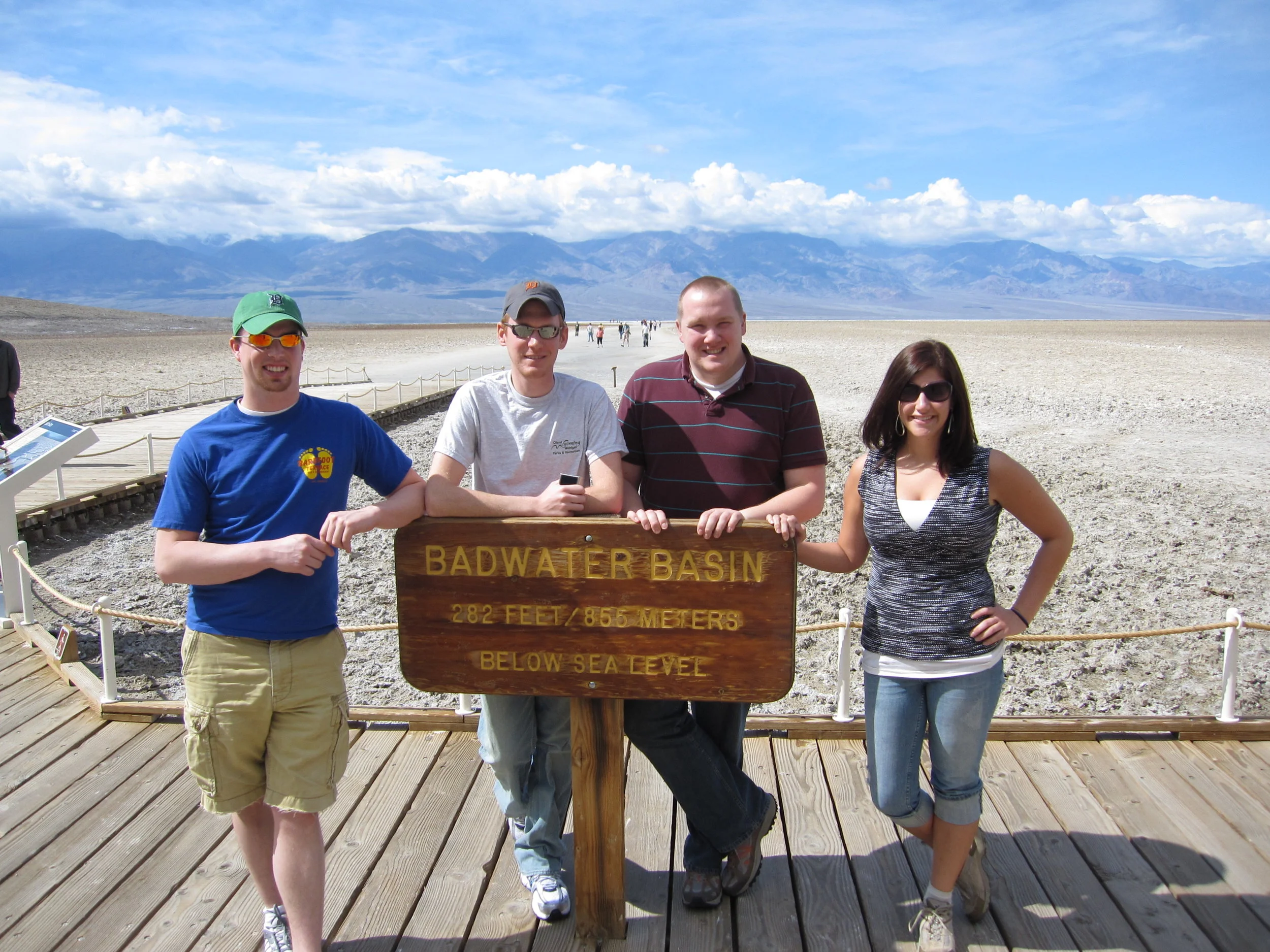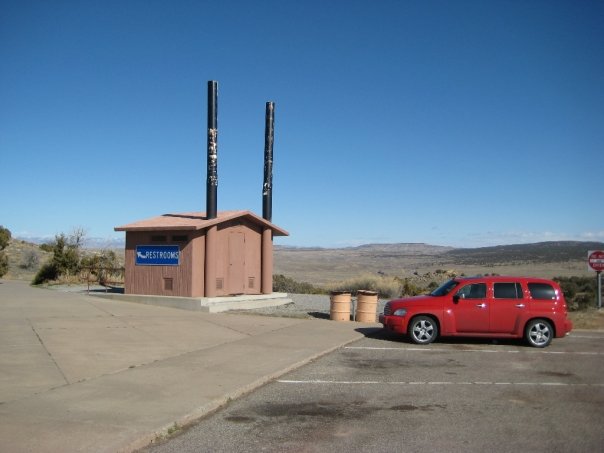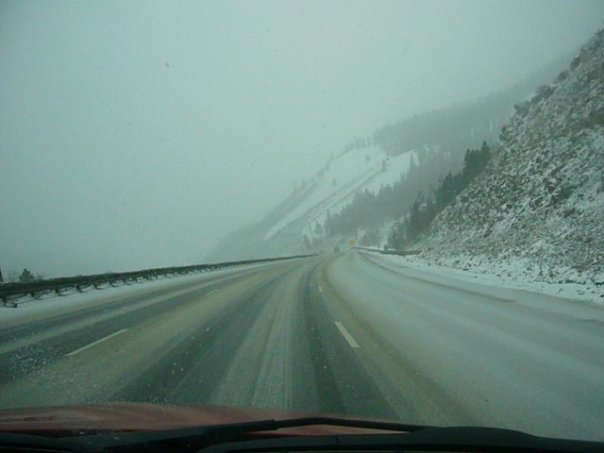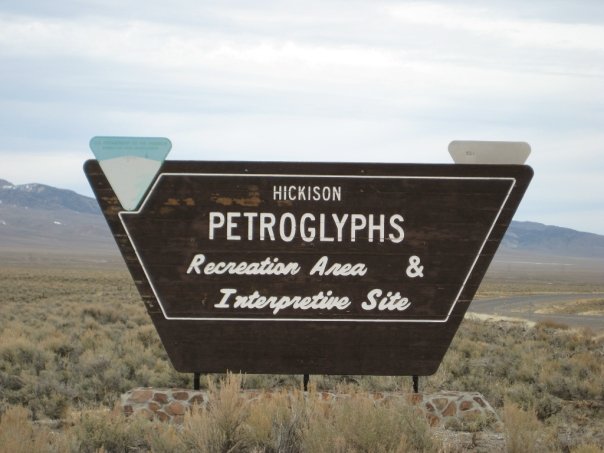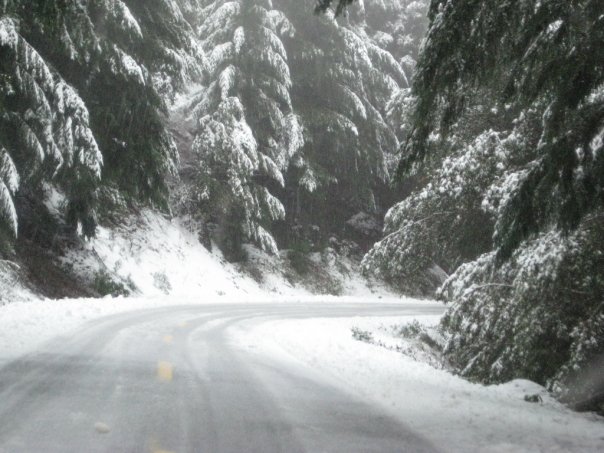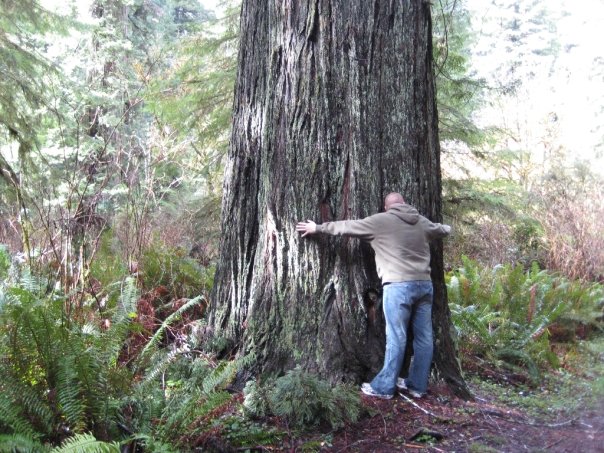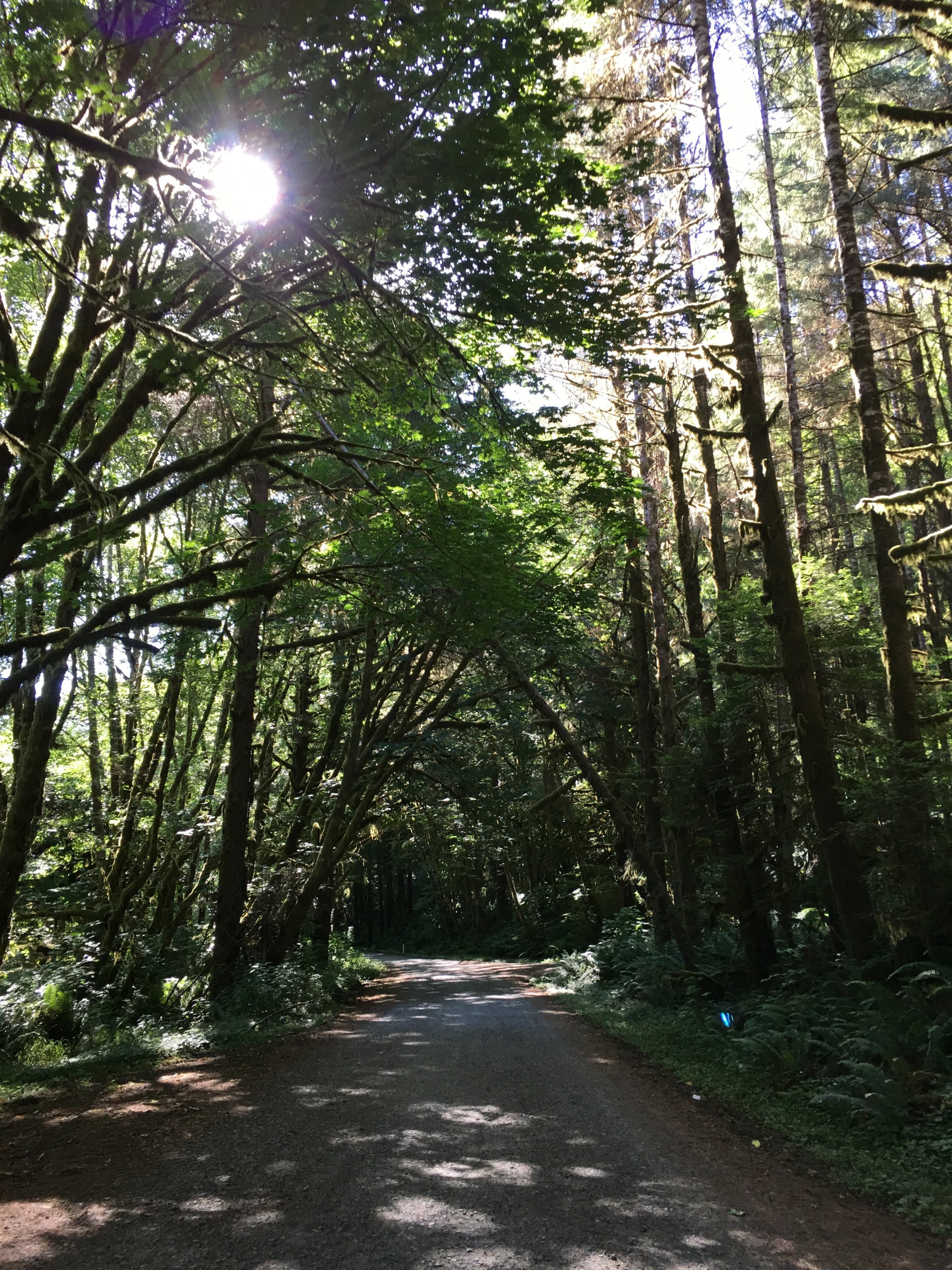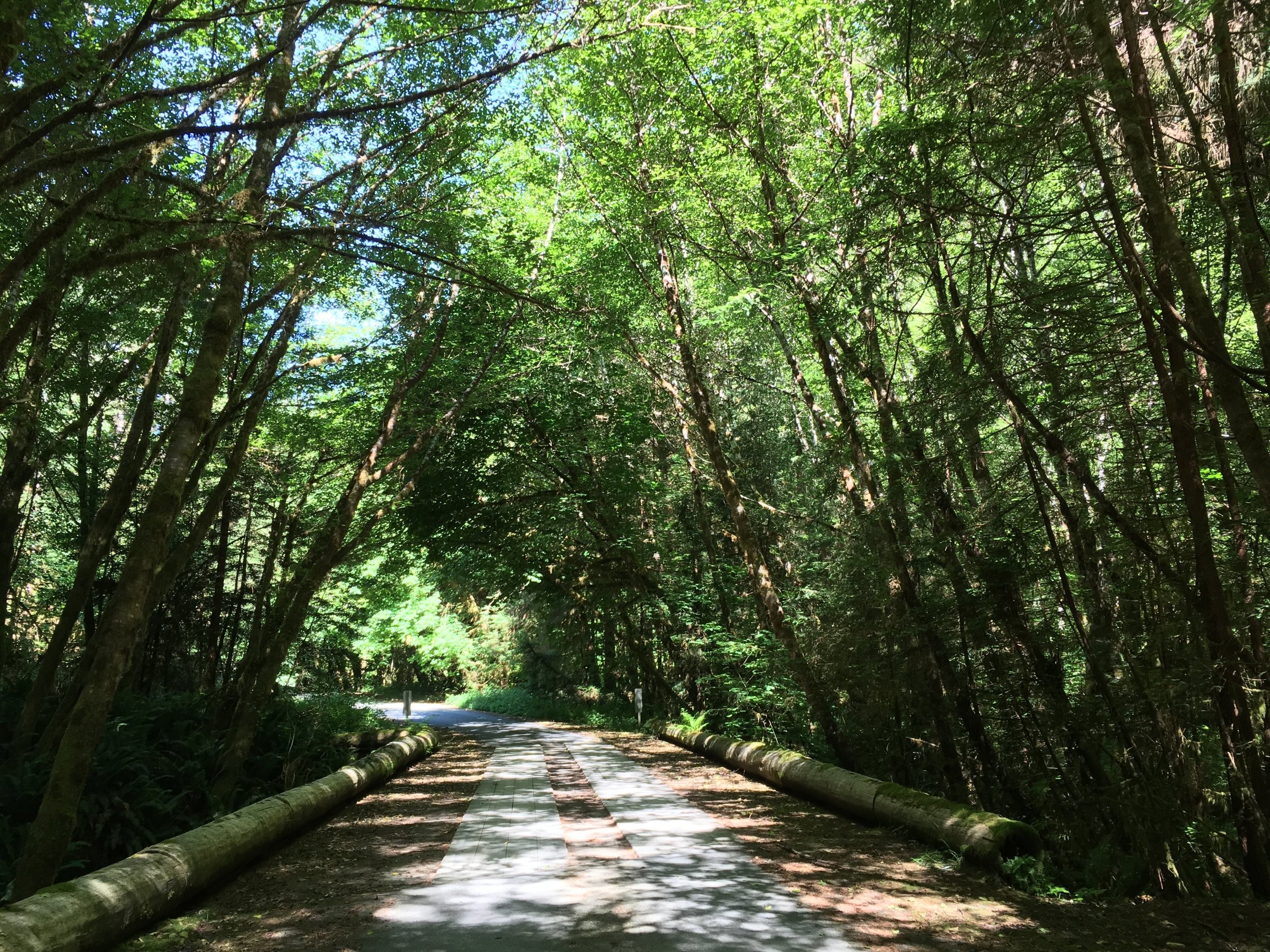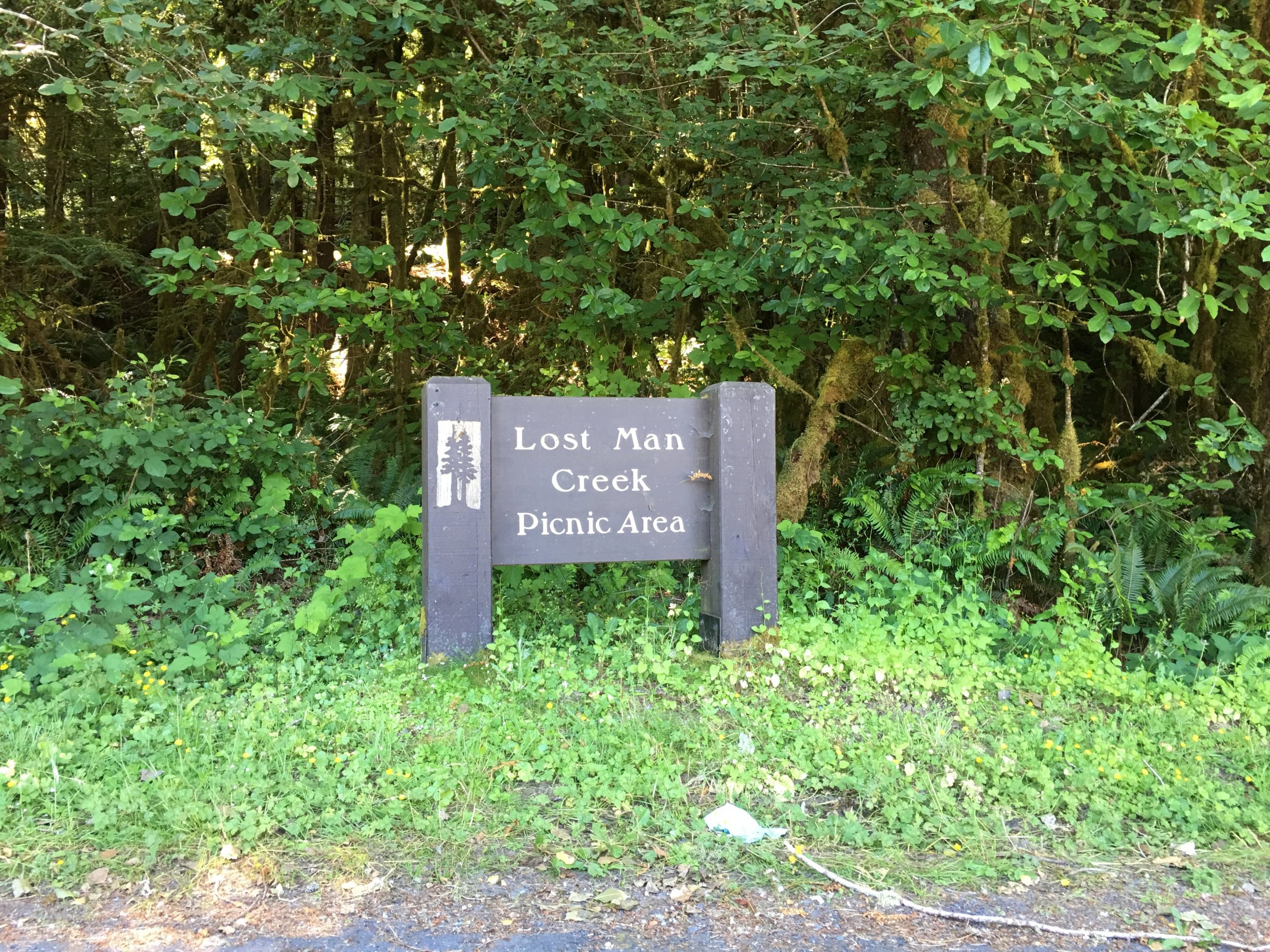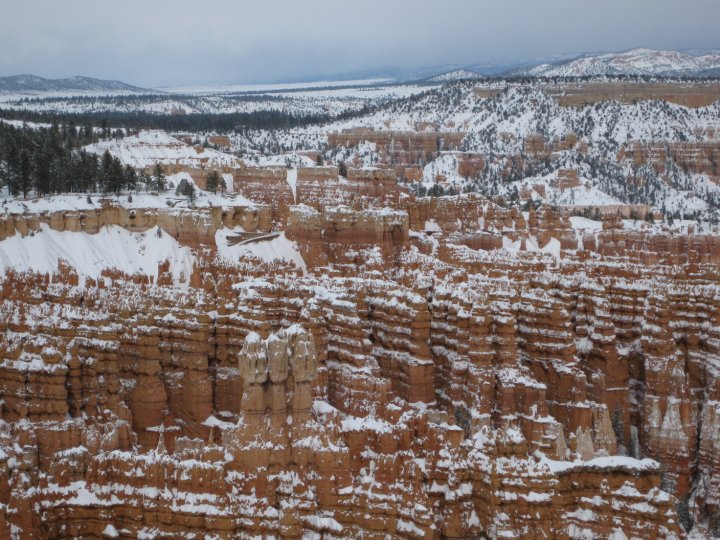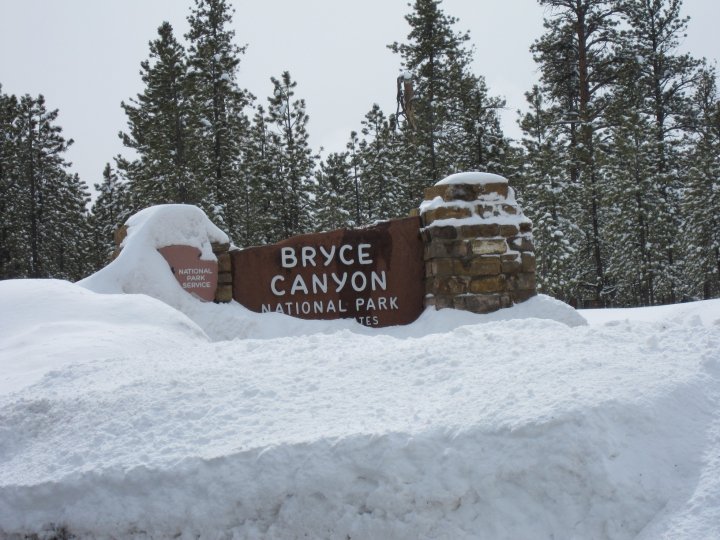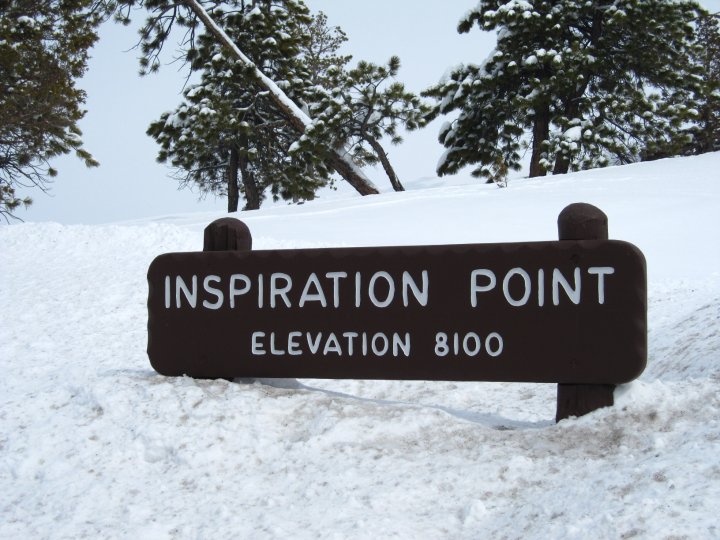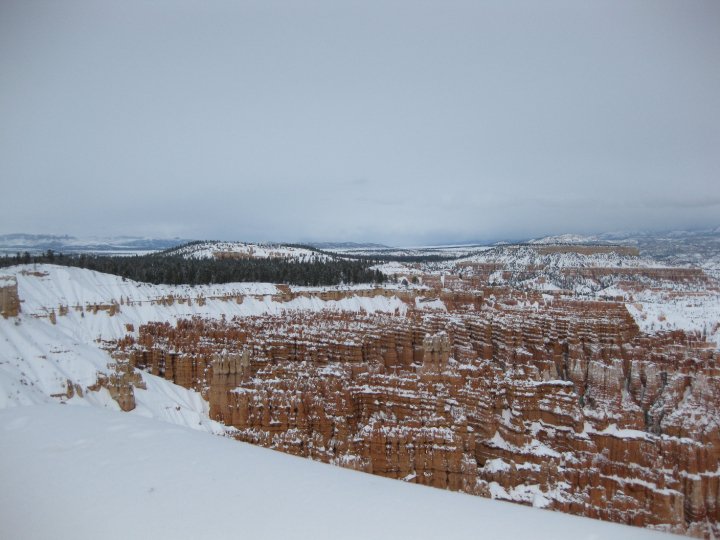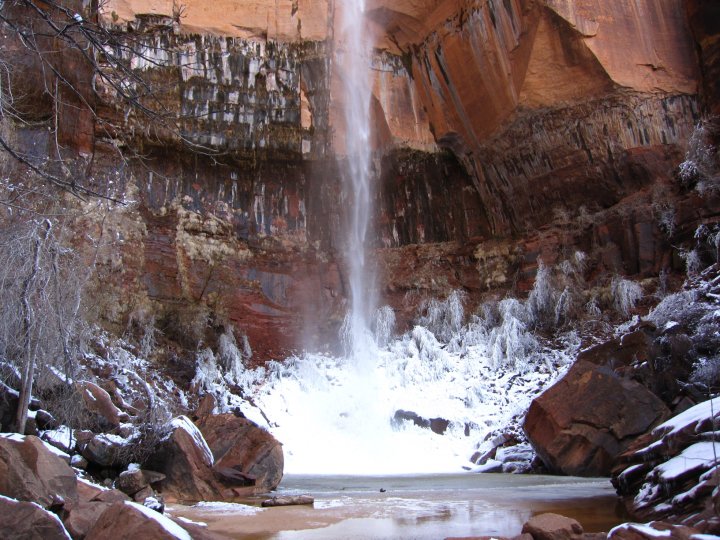It was just last summer when I first entered Sequoia and Kings Canyon National Parks. My other half and I were driving from Oregon to Texas and we decided to stop at a few National Parks along the way. We had visited Redwoods the year before, but went through there again because, how can you not? From the west coast, we took the long way to I-5 and headed south towards Sequoia and Kings Canyon. Back in 2008 my buddies and I had skirted around through Sequoia National Forest, but opted to devote our time to Death Valley.
As you leave Sacramento and continue south, it's a pretty boring ride until you get to the Sequoia National Forest. Once you climb the mountains, the views of the valleys become clear and the trees start to get taller. This was the first National Park that I entered and needed to buy an annual pass, as we had let ours expire, and also the first I've ever waiting in line to enter. After speaking with a nice woman about the park, we were on our way to the big trees. We had a limited amount of time and needed to keep on schedule.
The first big, famous tree was saw was the General Grant. The Redwoods always amaze me, but these trees are a little different. They're huge and in sunshine, without the mist of the west coast or lush green undergrowth. These trees have bulbous trunks and roots that bulge way out. They survive fire, wind, and other disasters and continue on because that's their purpose - to carry on.
We left General Grant for General Sherman. The drive between the two areas is quite an adventure along a winding mountain road. The views over the edge, the big trees, and the curves keep your attention for the entire way. Once at General Sherman, we descended with the crowds to the featured giant. Again, walking among the giants made me feel small in the best way.
Leaving the park was just as spectacular as entering. The trip down the mountain was exciting as every turn gave way to a new view of the mountains or valley. The trees got smaller, but that humble feeling from walking with the giants lasted for a while.
This post was created in 1 hour for the #NatureWritingChallenge. Check it out on Twitter with the hashtag and feel free to join in!
*This post is short and sweet and may or may not make sense due to NyQuil and a debilitating cough/cold.
